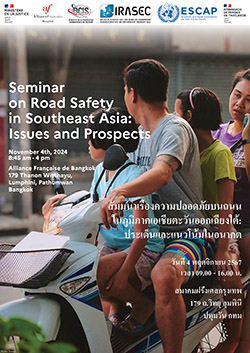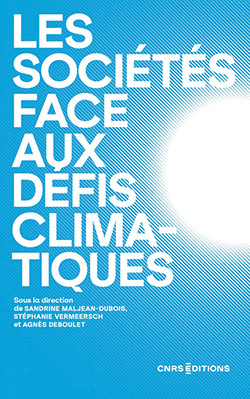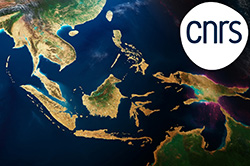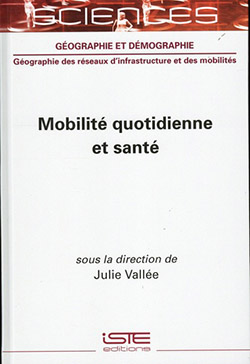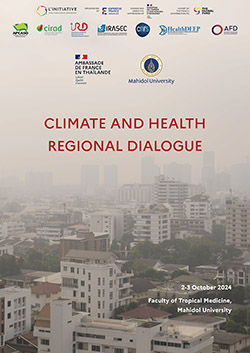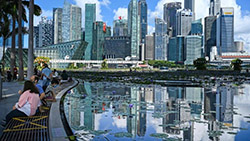Éric Daudé vient de publier un chapitre intitulé La climatisation de la société dans l’ouvrage Les sociétés face aux défis climatiques dirigé par Sandrine Maljean-Dubois, Stéphanie Vermeersch et Agnès Deboulet.
La réalité du changement climatique est un fait acquis : les sciences « dures » œuvrent depuis plusieurs années à en rendre compte. Parce que les travaux des sciences humaines et sociales sur ce phénomène sont d’une grande richesse et diversité, il peut sembler difficile d’en avoir une vision d’ensemble. Ces recherches sont pourtant essentielles pour mieux comprendre, lutter contre et s’adapter au changement climatique.
En réunissant juristes, économistes, anthropologues, archéologues, géographes, historiens, philosophes, politistes, sociologues et spécialistes de littérature et d’arts, cet ouvrage offre au lecteur une mise en commun de leurs travaux. Il les articule autour de quelques grandes thématiques : décarbonation de la société, transition juste, impacts sur la vie quotidienne, mobilisations et actions en justice, climato-scepticisme, santé publique…
Lire la suite...







